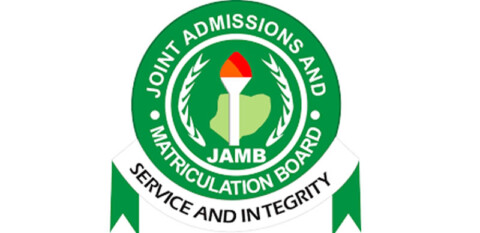The Federal Government has announced plans to establish a National Examination Malpractice Court or Tribunal, aimed at ensuring the swift prosecution of individuals involved in examination misconduct across the country. This move is part of a broader effort to curb the rising cases of exam malpractice and restore credibility to Nigeria’s education system.
The proposal was confirmed by the Minister of Education, Dr. Olatunji Alausa, following the submission of an interim report by a 17-member committee chaired by the Registrar of the Joint Admissions and Matriculation Board (JAMB), Professor Is-haq Oloyede. The committee, inaugurated in January 2025, spent five months conducting extensive research and consultations before submitting a report containing far-reaching recommendations.
One of the most significant proposals made by the committee is for the Ministry of Education to collaborate with the National Assembly in enacting legislation that will establish a special court dedicated to handling cases of examination malpractice. This recommendation, according to Professor Oloyede, will help address the slow pace of justice in such cases and serve as a strong deterrent to others. He also noted the failure of the 1999 Examination Malpractice Act, attributing it to either a lack of political will or the impracticality of its implementation, and called for a comprehensive review of the Act to make it more effective.
Responding to the report, Dr. Alausa assured the committee members of the government’s full commitment to implementing all twelve recommendations contained in the report. He praised the quality of work put into the document and promised that immediate steps would be taken to begin implementation. The Minister emphasized that every suggestion made by the committee was practical and achievable, and expressed confidence in the government’s ability to take swift action.
The report also touched on various reforms aimed at improving the quality of examination administration in Nigeria. These include measures to prevent identity theft and impersonation, improve the integrity of continuous assessments, and strengthen the monitoring of examination centers. It also recommended increased use of technology such as CCTV surveillance and computer-based testing, as well as stricter registration and verification protocols for examination officials.
Dr. Alausa stressed that the government would leave no stone unturned in the fight against examination malpractice, and reiterated that steps were already being taken to initiate some of the recommendations immediately. He noted that both he and the Permanent Secretary of the Ministry would begin follow-up actions without delay.
The proposed reforms, if fully implemented, are expected to significantly enhance the credibility and integrity of the nation’s examination processes and ensure that students are assessed fairly and transparently.





